Who’s There
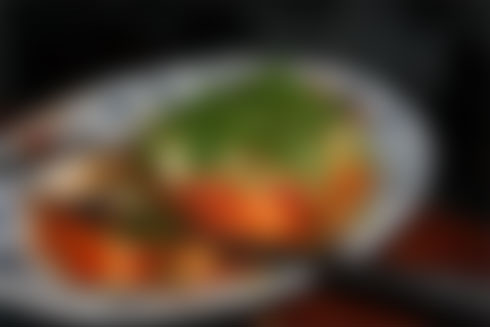
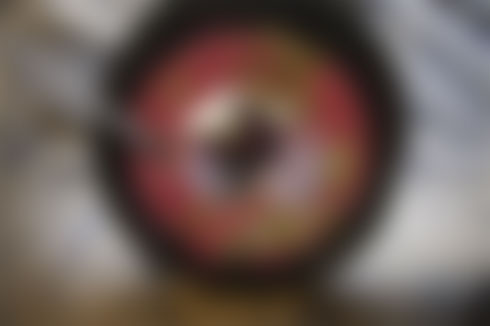
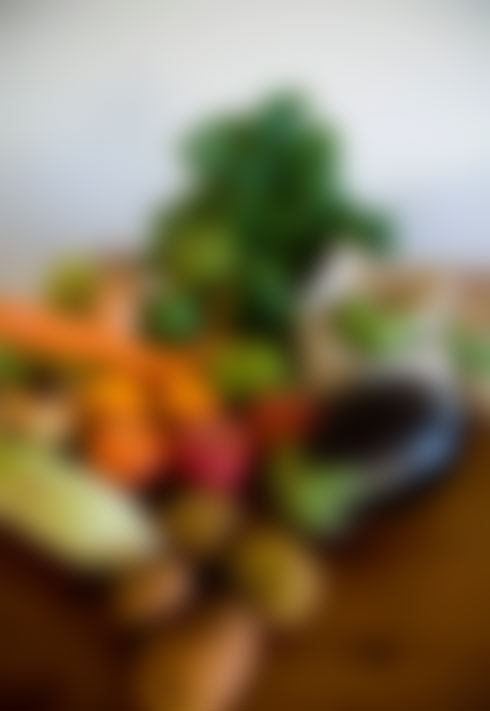
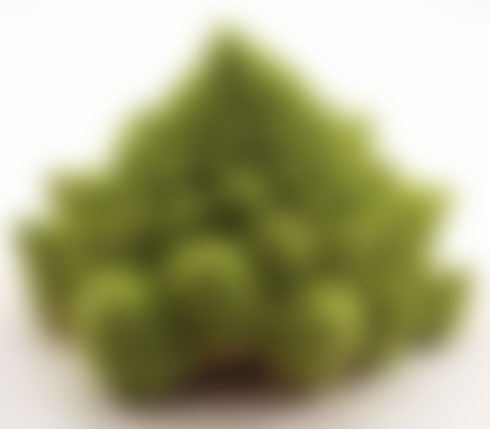
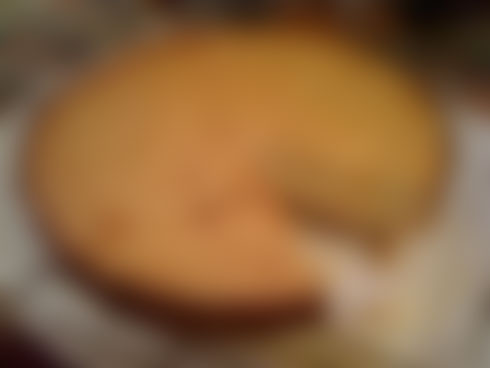
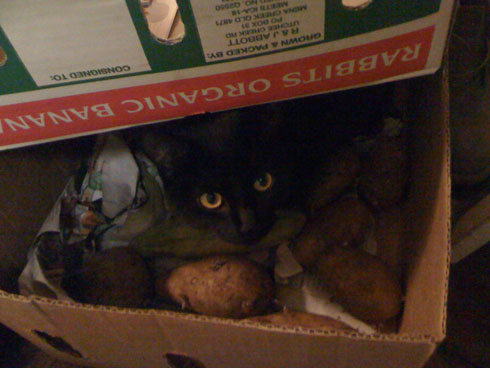 Text: Jill Greig Images: Knock Knock
Text: Jill Greig Images: Knock Knock
When I catch up with Kurt Eckhardt it’s nearly a month since he first delivered a box of organic fruit and veggies to my door via Knock Knock organics. They reminded me of the food my Nan’s vegetable garden, which as a kid, I knew tasted different, but didn’t know why. Kurt’s boxes are full of things you might reject if you found them in a supermarket. Only you can’t find them there anymore. Apples are small and a bit spotty, the gnarled potatoes are uneven in size and caked in earth. It’s not a glamorous range of produce, but it’s noticeably plumper, more fragrant, sapid. Like my Nan, dottering around the garden with her watering can, someone has cared for these vegetables. Nurtured them, then delivered them to your door. I talk to Kurt about this return to basics and the importance of connecting with our food.
Jill Greig: Can you tell me a bit about how you got started and why?
Kurt Eckardt: Well basically organic food production, gardening, permaculture principles and things like that are a bit of a passion of mine. I have a home garden and I’ve studied a little bit in permaculture and I suppose I was always really surprised by the fact that the world had gone from these traditional values to these really crazy production methods and agriculture. The way that we are producing food is really unsustainable and laden with chemicals and really unnecessary production techniques just to make a quick buck but without an longterm solution to actually providing food to people on our planet. It’s kind of a new fashion now to become interested in organic food production, but it’s really just the way that things were done before the chemical companies came in with their weird solutions. So I became interested personally and learnt a lot about it and studied it and was growing food that way myself. I moved down to the South Coast, in Coledale, not too long ago and I realised that there isn’t much of an option down here especially to have access to organic food. In Sydney I think there’s a few more options, but I think even in Sydney it’s not really that affordable.
JG: It’s not generally much of an everyday shopping option. I guess sometimes it feels a bit ‘upmarket’.
KE: Yeah, and you’ve got to go out of your way to find it. I think that those things are changing slowly, but I found it weird that it was this really niche thing where you had to either go to a co-op, which can sometimes be daunting for people that aren’t familiar with that process – there’s a membership system and you have to bring your own containers – I mean I totally, wholly support the co-ops. I think they’re amazing, but it’s not so accessible for everyday people. And aside from that, as you said organics can be this upmarket thing where you either have to go to a market or to a fancy shop, which seems really alien to go and buy really down to earth, natural produce. So I just thought ‘how can I make it so I am providing things that I know are fresh and that I know are good quality and that I know are pesticide free and grown in a sustainable way, that’s also accessible and affordable so people don’t have to be on a big wage and don’t have to go out of their way to get. So it was a solution that way. I was looking for something to do and it seemed to make sense because it was a passion of mine.
JG: So how long has Knock Knock been around?
KE: I’ve been doing it for about six months, so it’s only quite new but it’s going pretty well. I’m never going to make heaps of money out of it, but it’s a way that I can enjoy my time and hopefully get by and hopefully help some people eat in a healthy way more than anything.
JG: Six months! It’s a very new project – what were you doing beforehand?
KE: Before I started Knock Knock I was working at a community radio station (2ser) in Sydney. I loved the station a lot and I got a lot out of it, but I’d been there for five or so years and was travelling from Coledale to there everyday and I needed a change, so I just decided to bow out of that, without really any idea of what I was going to do, which is a bit crazy but it worked out.
JG: Sometimes you have to do these things.
KE: You just have to make that cut at some point I think. Cut ties and figure yourself out because otherwise you keep putting it off and putting it off. So I got to the point where I needed to make a change. So I did. And this is where I ended up, so I’m really lucky.
JG: So is it just you running Knock Knock – is it a one man show?
KE: Yeah it’s just me. I do all the ordering, packing and delivery myself. And the website. That’s why if anyone’s familiar with it they’ll know that sometimes they’ll be missing an email here or there. I try and keep the communication up but sometimes that falls through because it’s quite a lot to take on. And I’ve been working as a gardener on the side to sustain myself while I kick it off.
JG: You’ve got a lot going on then.
KE: Yeah I do but there’s not a complaint at all for it because I enjoy it a lot and it was really a decision I made on my own. I got myself into it.
JG: You were saying that one of the good things about what you’re doing is knowing that you’re providing quality food. I assume you have relationships with the growers or the people at the markets that you go to – was it difficult to establish those relationships?
KE: I’ve been going to distributers. My long-term goal is to source produce directly from farmers. I think the future of this, not just for me, but for everyone is to develop more of a connection with their food, down to the point of actually getting it from where it’s grown. But at the moment I’ve been using distributors, which is really only one more step in between. The farmers drop it there and I can pick it up and deliver it in the same day, so at this stage it’s as close as I can get it.
JG: It’s not spending six weeks in a refrigerated truck.
KE: Exactly. Or six months with those snap freeze systems and the crazy refrigeration that supermarkets use. I think that’s a big part of it – it’s pretty fresh!
JG: It’s so strange because food is such an integral part of our existence, but there’s such a disconnect now in the way we source it, and it didn’t take that long to become like this.
KE: No only like 40 or 50 years really. It’s really weird and I just think that it’s so easy to not even think where your food is coming from – it comes wrapped in plastic with the weight and the price on there, the colour you want it, with no marks on it. It might not taste like anything but you think that you’re getting the nutrients because it’s there in your fridge or your supermarket aisles. They’re the habits that we need to break. And they’re habits. People aren’t doing anything wrong by doing that, it’s just what we’ve become accustomed to. People like you and I have grown up with that being the norm. To our grandparents that wouldn’t have been the norm – it would have been freakish to them when that started happening, but it’s just so easy. I still do it, if I run out of something I might run down to the local shop and get it. And I notice when I’m doing it, I stop and think ‘Okay, where is this coming from? What’s been used to keep the bugs off it? Why does it look so perfect? Will it have the nutrients I need?’ And I think that that’s really important and that’s part of it, just to realise where these things are coming from. You don’t have to be crazy about it. I think it’s really great to try your hardest to get these things in your life and to stop that cycle of buying this kind of corporatised agriculture, but you don’t have to restrict yourself and only get organic food and not get things that you want if they’re not in season. But I think it’s getting easier now to do something.
Knock Knock
Next story: One In A Million – Gibson Fox



